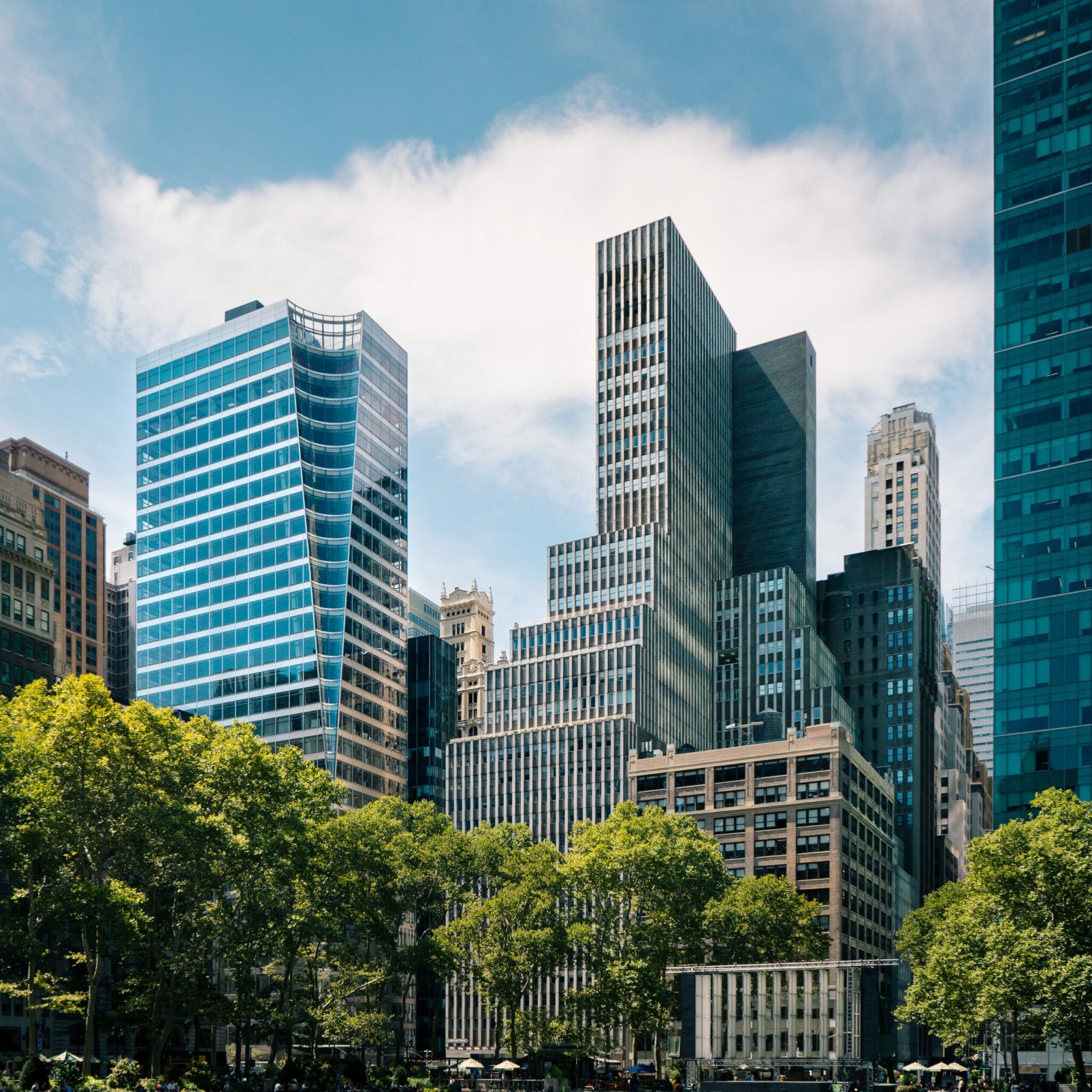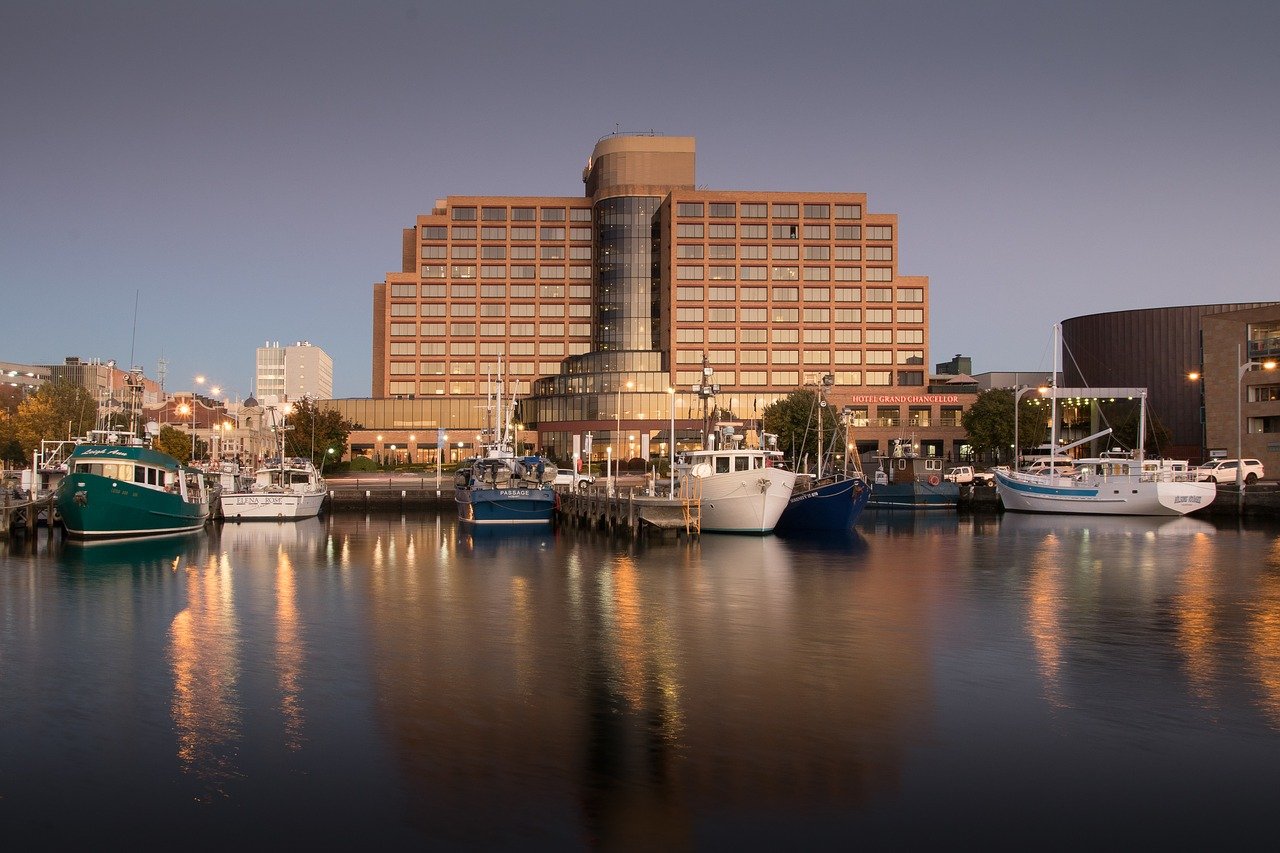Real estate and property investment is one of the most lucrative industries to get involved in. Tacking on to your non-liquid assets and generating a passive secondary income are just a couple of the numerous benefits that investors gain from real estate and property purchases. Moreover, international property investment can bring about even more advantages and benefits for investors willing to take the leap of faith.
Australia has one of the strongest and most consistent real estate and property investment markets in the world. Through a combination of many favorable economic conditions and government support, the country developed a stable and profitable industry for Australians and foreigners alike. The country has a rich investment history and plenty of popular investment locations. However, there are some ‘involved’ projects and processes for foreigners.
Australia’s real estate market backstory
The Australian property market has a longstanding history of success and profitable returns on investment. Since the early 1900s, the industry steadily grew in value by 0.5% until the 1990s. Once the 2000s hit, the market saw a spike in growth and investments. According to the Australian Bureau of Statistics, the average property price index for a lot grew significantly from 2010 to around 2018. Fueled by globalization, trade relationships, and increase in foreign investments and interest in foreign property, Australia’s real estate sector started making a name for itself in the global market.
Reaching a peak in the price index in 2018, experts are predicting an overall decrease in the years to come. However, given Australia’s renowned reputation and temperament investing environment, foreign investors are finding new and innovative ways to benefit from this seemingly negative forecast.
Opportunity is coming
At this point in time, the country is facing an influx in immigration, especially from Asian countries like China. This prompted a wave of increasing housing and property prices, ultimately leading to what experts deemed a ‘contracting economic bubble.’

Over time, this has lead to Australia’s biggest and most popular cities being filled to capacity. Ultimately, this leads to a housing shortage within the city, as well as a shortage on office space for foreign businesses. Opportunities for further land development, shared-office space platforms, and building smaller cities into up-and-coming business hubs all present themselves as commercial silver linings to the country’s recent real estate struggles.
Where to invest in Australia
Aside from cities like Sydney and Melbourne, Australia offers a host of lucrative investment opportunities in less known locations. Investors are gradually moving away from business ventures in the real estate sectors in these two cities because the market is already fairly saturated. Ample opportunities lie in wait for foreign investments and immigration in these smaller cities.
Tasmania
A small island located south of Melbourne, Australia, Tasmania has lately been receiving a great deal of attention for its attractive real estate market. Investor dollars are flowing to the island because of its relatively cheap property prices, coupled with its proximity and status as a state capital. Recent interest resulted in positive statistics for 2018. The area’s number of rentals went up 5.8% and final property or real estate sales increased 19.6%. Low interest rates from banks fuel these impressive increases, and increasing tourist numbers help propel the short-term rental market. Specifically, within Tasmania, experts say the most promising areas and neighborhoods for growth are Sandy Bay, Hobart, and Dynnyrne. Proximity to activities and a university make these locations attractive for rental properties.
Brisbane
Located 10 hours north of Sydney, Brisbane is said to be the country’s hottest up-and-coming real estate and property investment centers. Inspired by increasing Asian tourism, the city has recently experienced an increase in visitors and tourism. Moreover, because it has pleasant, warm weather climate, it serves as an attractive ‘get-away’ trip even for the Aussies themselves. As both domestic and international tourism increase, as with increases in foreign business startups and city branches, Brisbane could be built up into another major Australian city soon. Investors taking the early steps to get their foot in the door in this market should greatly benefit in the future.
Adelaide

As the fifth-biggest city in Australia, Adelaide has been receiving quite a bit of attention lately for its real estate market. Experts even predict that it will be one of the country’s top-performing real estate and property investment cities in the entire country. Known as a ‘young person’s town,’ nearly 60% of the city’s population is made up of independent and maturing adults, most often millennials. Young people are attracted to the city for its vibrant, yet laid-back, lifestyle and renowned universities. Moreover, as the city grows, so do the job opportunities. Investors interested in housing properties and/or office spaces can spot a rich market in the works.
How foreigners can invest
With a steady and promising real estate future, many foreign investors are wondering how they can get involved in the market. Originally, the government wanted to encourage FDI and globalization. However, fears of an overwhelming number of foreign investors – particularly from Asia – prompted stricter regulations and processes. Now, getting approved to purchase and/or invest in real estate in Australia is quite a lengthy process.
Firstly, foreigners must connect with Australia’s government to obtain approval for investment. Foreign investment approval before making any residential purchases is required by law for all foreigners interested.
For residential cases, once approved, and after a desirable property is found, the government requires all non-residents to pay an application fee. The fee is typically AU$5,000 for all properties under AU$1 million, and AU$10,000 for properties over AU$1 million. Moreover, after the fees and the actual purchase of the property, foreigners can be charged a ‘vacancy fee’ by the government. If the party does not live in the residence, or it is not rented out for at least six months out of the year, the government charges the owner a fee.
Finally, the government also made it harder for foreigners to take out home loans in the country. New regulation states that international buyers must have 40% of the initial deposit to receive initial mortgage financing.
Reach out to our team to invest in Real Estate in Australia
With a strong economic and investing background, Australia has the building blocks to continue its long-winded success. Additionally, with great potential in a handful of up-and-coming cities, the future of the property market is looking bright. However, given the country’s seemingly arduous approval process for foreigners, getting involved in the industry can seem difficult. The good news is that it doesn’t have to be.
By connecting with our team at Biz Latin Hub, you can skip all the hassle and headache and get to what matters most: making your investments. We develop personal strategies and handle all the back-office, behind-the-scenes work that would otherwise distract you from your goals. You can reach us here today to get started or to connect with one of our team members about any questions you may have.





